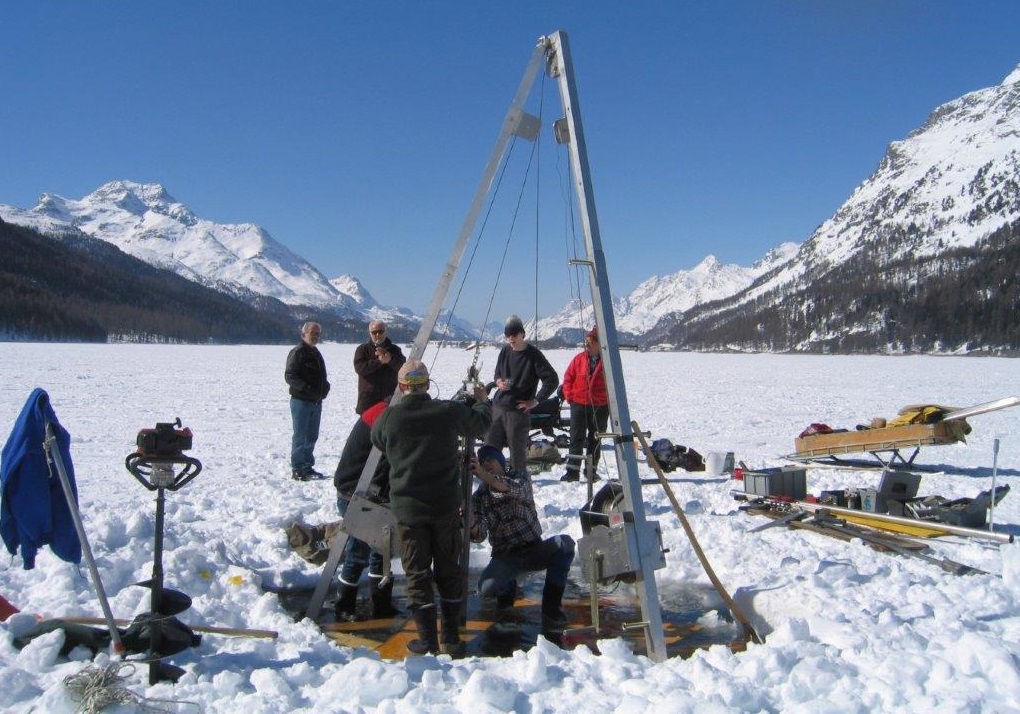Direct, cascading effects and historical deposition of pesticides under real agricultural practices

The aim of the pesticide cluster is to provide the necessary knowledge, experimental setups and analytical tools to investigate the direct and cascading effects on the use and application of pesticides. The pesticide cluster has as objectives i) to detect and quantify different pesticides and their transformation products in soil, sediments and biological samples using state of the art analytical technology, ii) to use current agricultural practices to study the occurrence, persistence and influence of selected pesticides towards microbial communities and overall their effect on human health, and iii) to investigate the historical deposition of pesticides and natural toxins in the last 100 years using local paleorecords (i.e., lake sediments) to investigate their usage pattern and transformation processes. The pesticide cluster will tackle the objectives by combining different approaches such as target, suspect and non-target screening analysis, statistical tools and systematic workflows for a successful and effective collaboration between groups.
